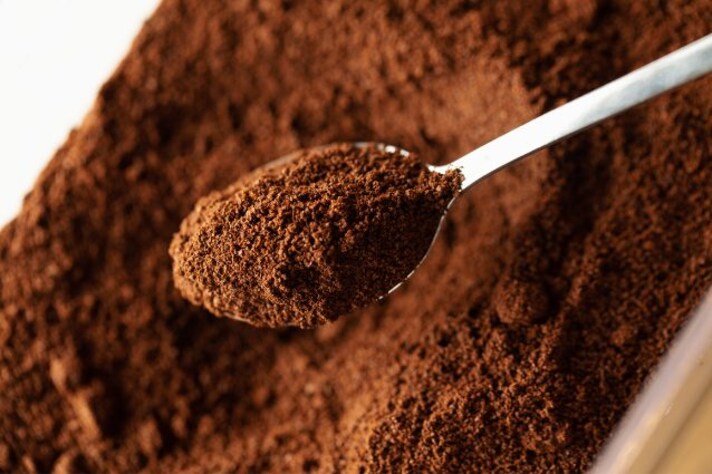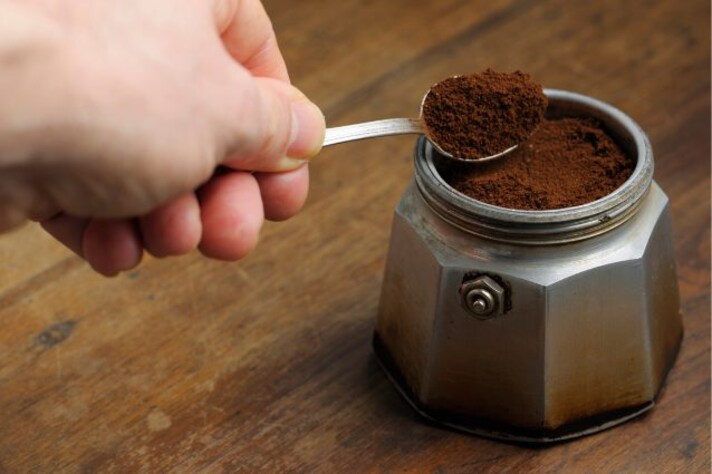Here’s Why You Should Never Store Coffee in The Fridge (Or The Freezer For That Matter)
Storing coffee in the fridge or freezer might seem like a way to preserve freshness, but it actually does more harm than good. The moisture, temperature changes, and odor absorption can compromise the flavor.

If you're among those who've been storing your coffee in the fridge or freezer to "keep it fresh," it's time to change storage. Though it might sound as though it would be a good way to extend the shelf life of your beans or ground coffee, the practice can cause more harm than benefit to your cup of coffee. Here's why your freezer and fridge aren't the best locations for your coffee.
Moisture is the Enemy
The very first consideration when it comes to storing coffee is moisture. Whether you're using the fridge or freezer, both of them are well known for their ability to create an environment where moisture is rampant. Coffee is a porous item, and when it gets close to moisture, it begins to absorb it. This not only makes your coffee taste stale, but can also impact the delicate oils and compounds that give it flavor. Basically, storing your coffee in these cold places subjects it to condensation, which can actually turn your freshly ground beans into a soggy, tasteless mess.
The Freezer May Freeze the Taste
Freezing coffee may seem like an excellent way of preserving its freshness, but in reality, it generally leads to flavor loss. Freezing may cause oils in the coffee to solidify and, in turn, alter the taste when brewed. Worst of all, when you remove the coffee from the freezer and thaw it, the drastic change in temperature makes the oils seep out, and you'll be left with a cup of coffee that's flat and tasteless. Consider the following: it's somewhat similar to when you put your nice bottle of wine in the freezer—you're not doing it any favors.

The Fridge Isn't Much Better
If freezing is not an option, you may be considering the refrigerator as a substitute. Sorry, it is not that much better. Although it is true the refrigerator is less harsh than freezing, the cold, damp conditions can still impact your coffee's taste. And coffee will absorb odors from other foods. If you have onions or last night's curry lurking in the fridge, don't be alarmed if your coffee in the morning begins to taste a bit… strange. Coffee is a sponge and will absorb any foul smells it's exposed to, rendering your fragrant beans into not-so-pleasant experience.
Flavor Retains Best When Stored in a Cool, Dry Location
Rather than the fridge or freezer, the ideal location to keep your coffee is in a cool, dry place—a cupboard or pantry, out of the sun and heat. The ideal storage vessel is an airtight one, which will keep out oxygen and moisture and preserve the flavor of the coffee. Indeed, your beans or grounds will remain far fresher for far longer if they are kept in a dark, stable place, where the temperature is as near to constant as can be managed. No more keeping them beside the frozen peas, then—your coffee is too precious.

Once Opened, Use It Soon
The other important consideration is for how long you have had that coffee bag. Once you open the coffee, it will begin losing freshness, no matter where you store it, whether in the fridge, freezer, or otherwise. The chemicals and oils that make it so full of flavor will deteriorate over time, so try to use your coffee within a few weeks to achieve that ideal cup. If you're really committed to keeping your coffee at peak freshness, look into purchasing smaller amounts more frequently or investing in a vacuum-sealed container to minimize contact with air.
;Resize,width=767;)



